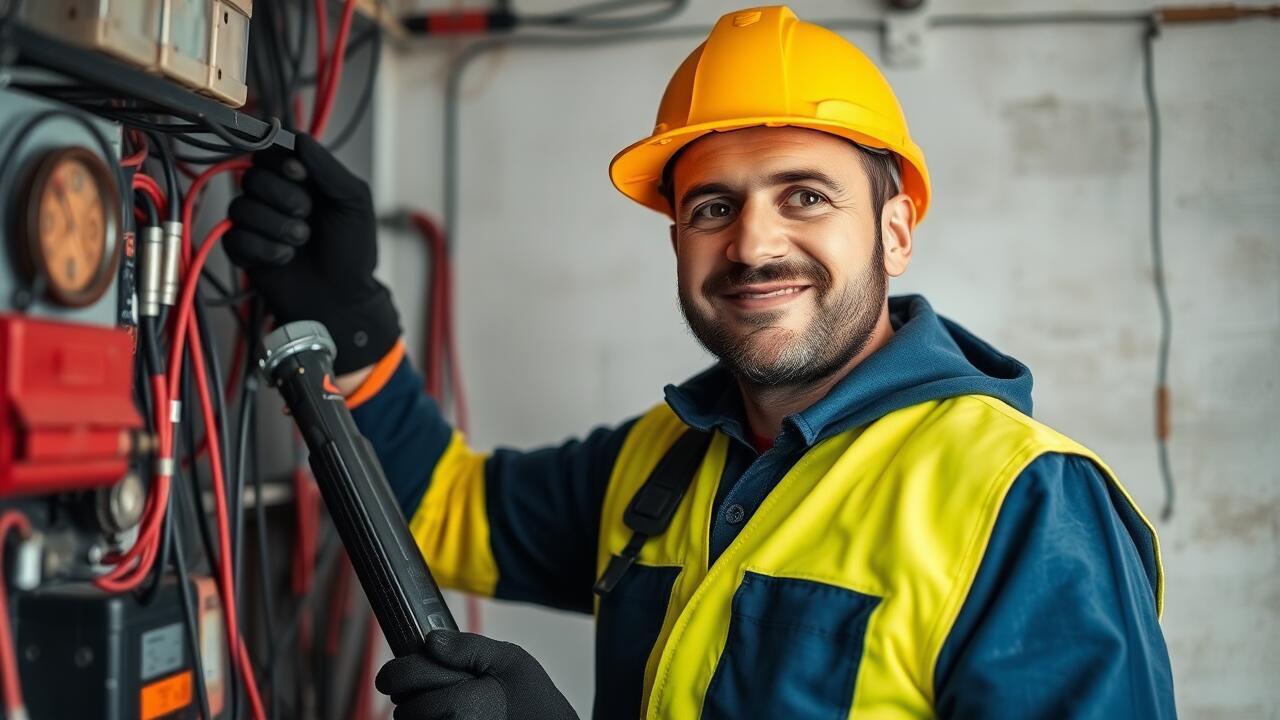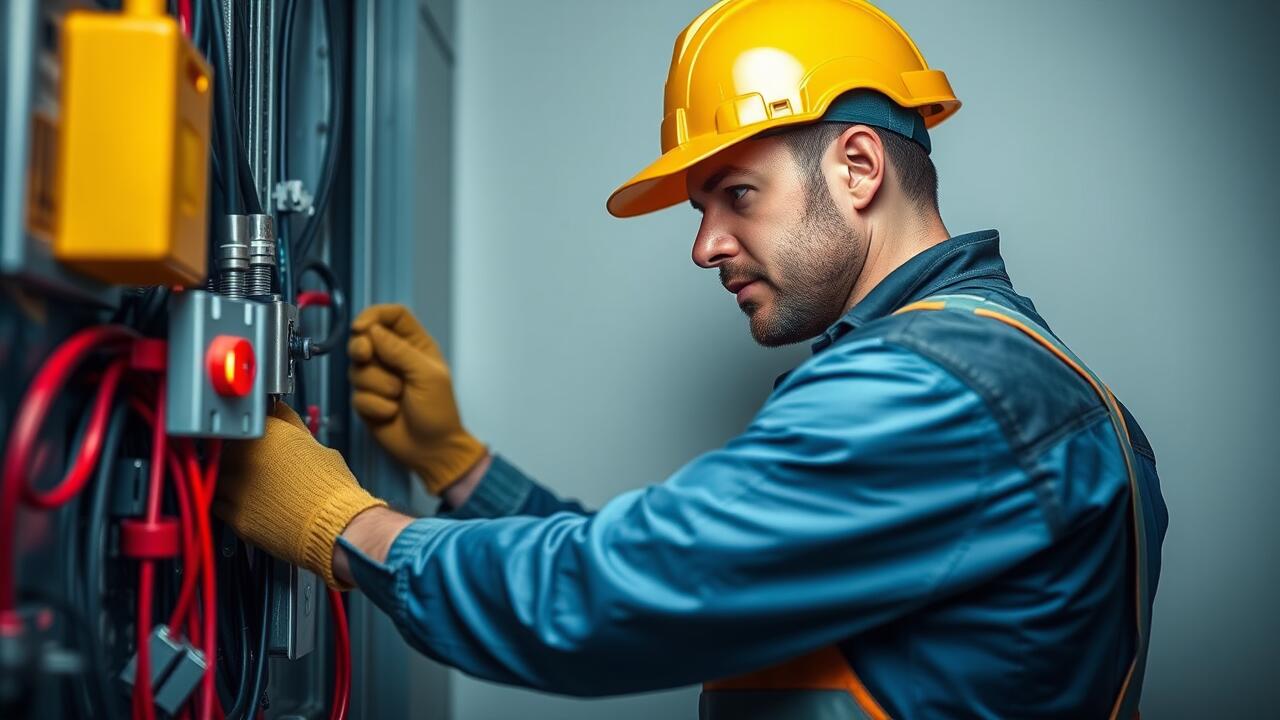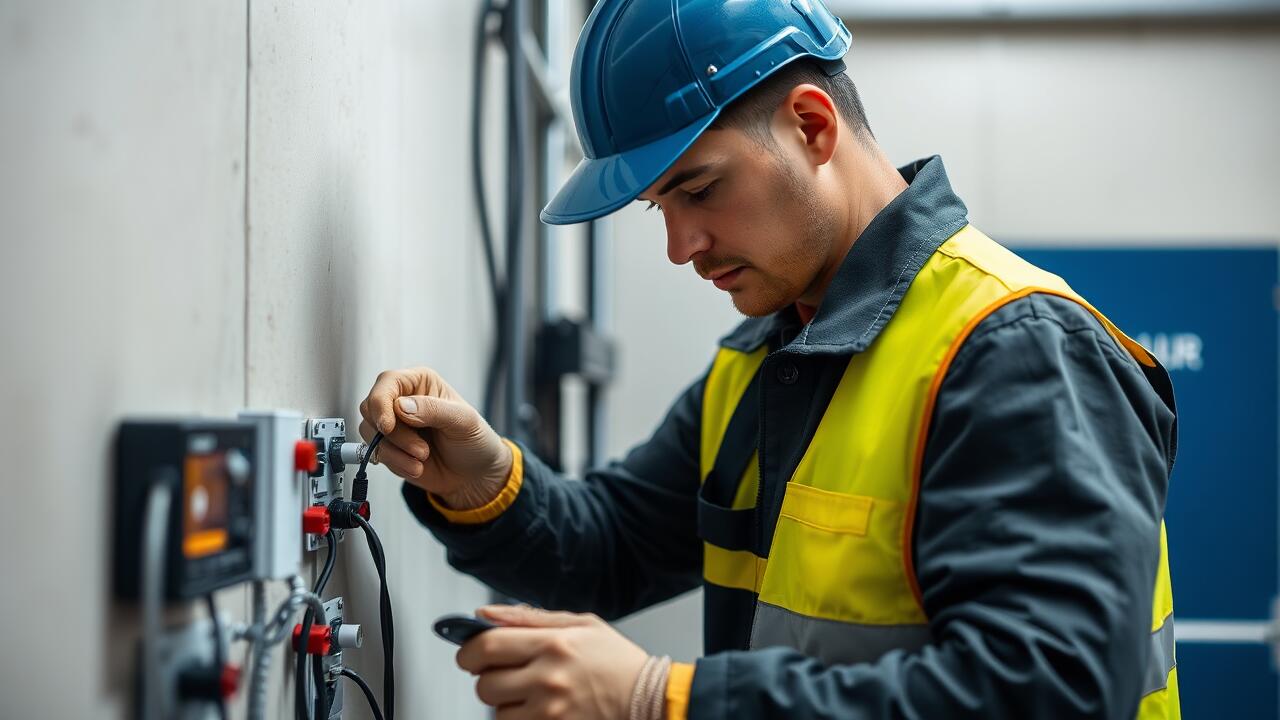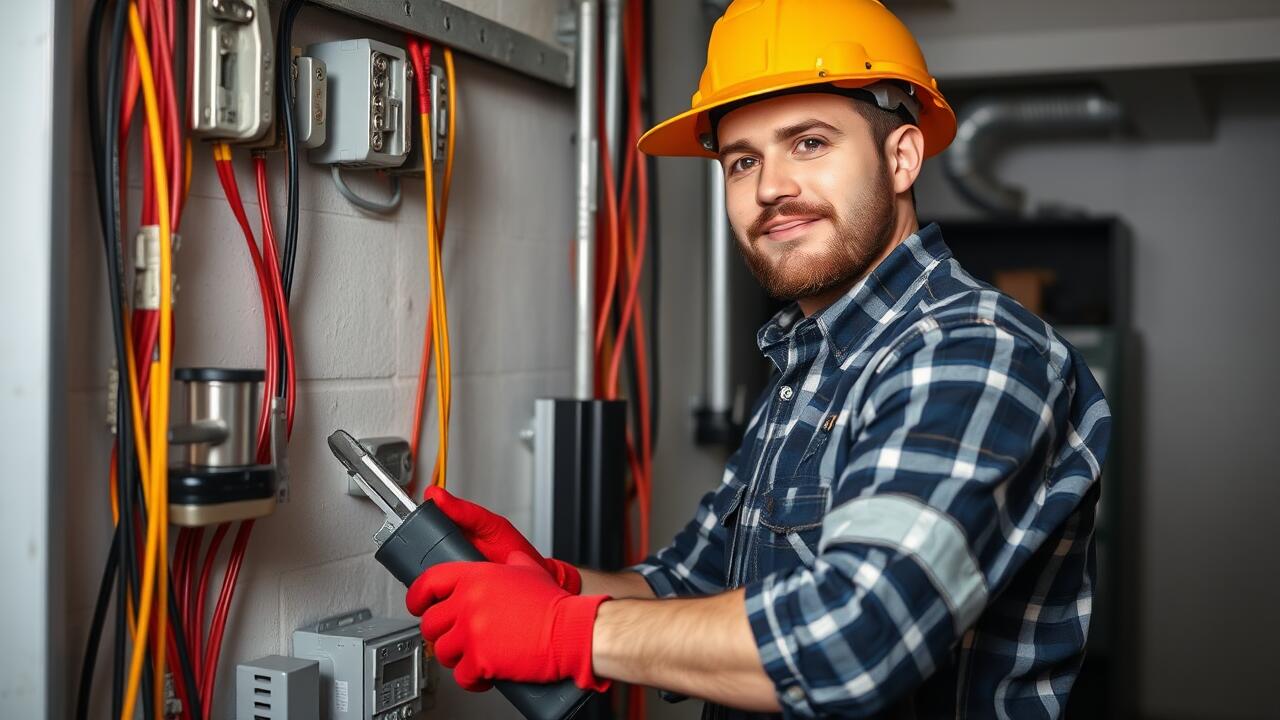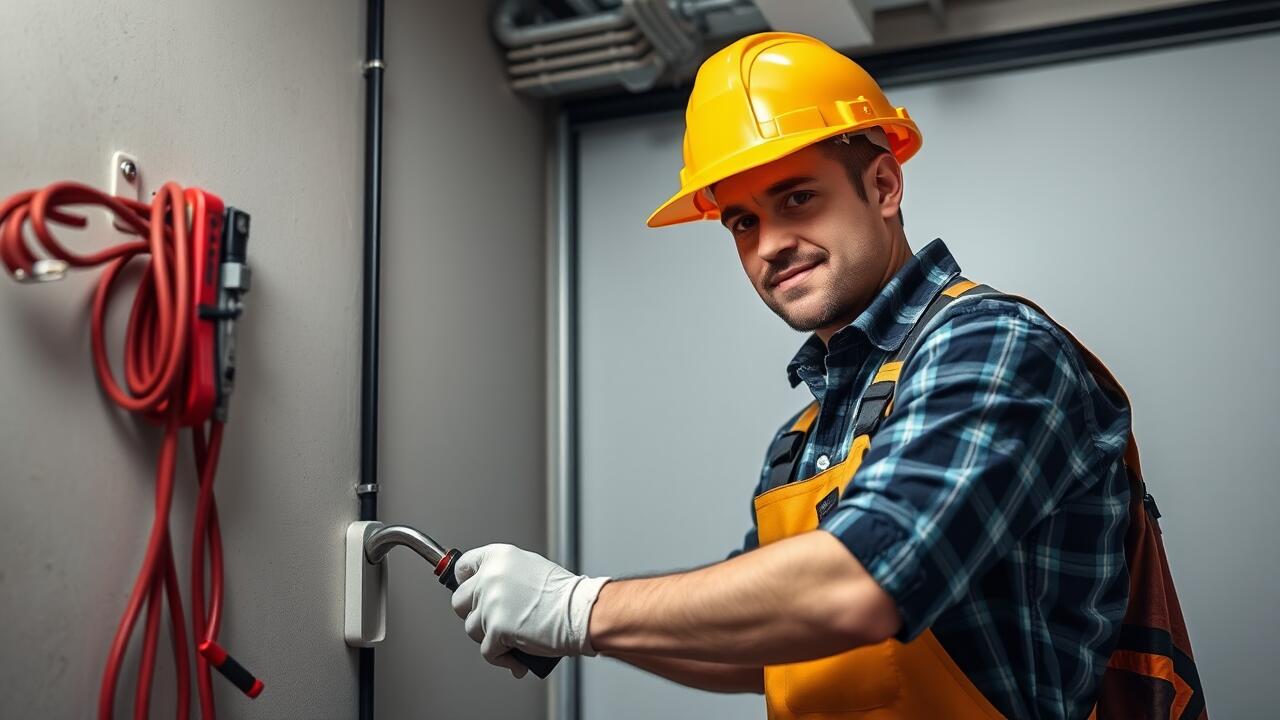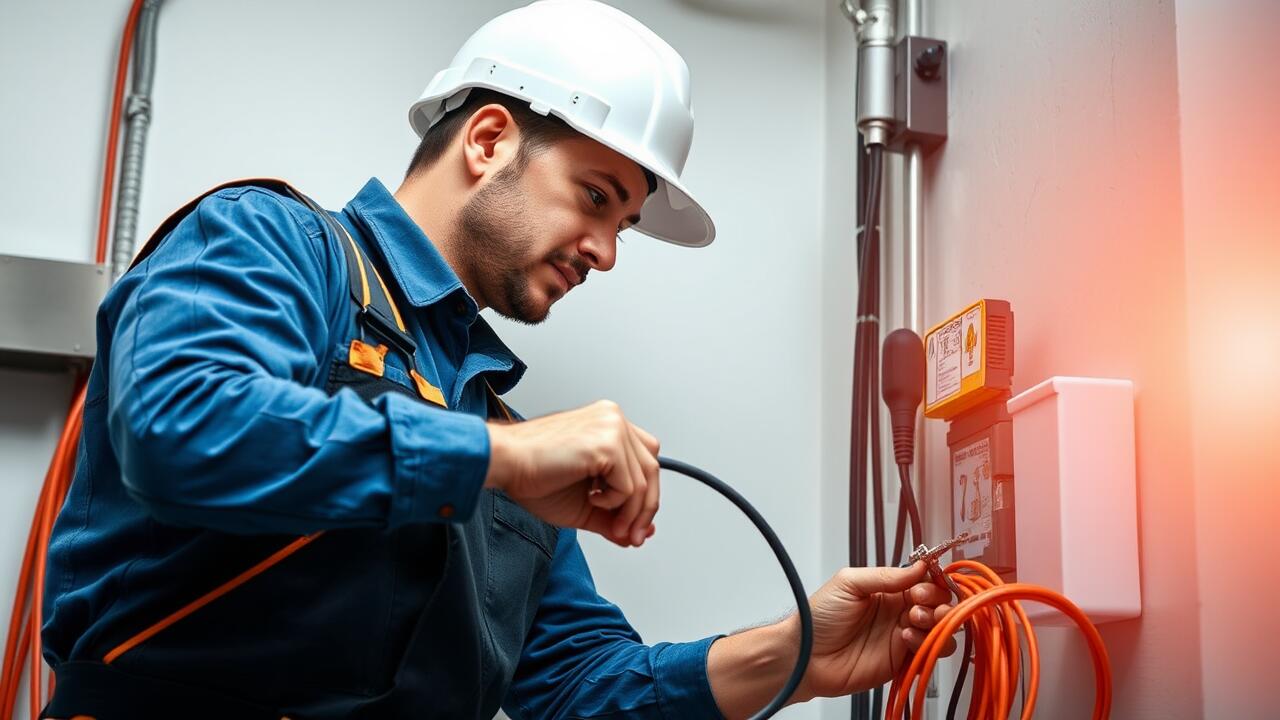
Use of Extension Cords
Relying heavily on extension cords can signify underlying electrical issues in your home. Extension cords are designed for temporary use, yet they often become a permanent fixture in many households. This practice can cause overloaded circuits, leading to potential fire hazards and equipment damage. Homeowners may feel encouraged to use them for convenience, but this can mask problems that should be addressed by professionals.
Memorial, Houston Electrician advises that extensive use of extension cords may indicate a need for additional outlets or an upgrade to existing wiring. Frequent use creates wear and tear on both the cords and electrical outlet, which can escalate risks over time. A permanent solution, such as installing new outlets, will provide safety and convenience without reliance on cords that pose safety risks.
Risks of Overusing Extension Cords
Overusing extension cords can pose significant risks to your home's electrical safety. Many people rely on these cords for convenience. However, they can lead to overheating, which increases the chances of electrical fires. Using multiple high-wattage appliances on a single extension cord can strain the cord's capacity, heightening this risk even further.
In Third Ward, Houston, homeowners should be particularly cautious about their electrical setups. If you find yourself frequently reaching for extension cords, it may be a sign that your home’s electrical system is inadequate for your needs. Consulting with a qualified electrician can help assess your situation and recommend more permanent solutions like additional outlets or properly installed circuits.
Burnt or Discolored Outlets
Burnt or discolored outlets can signal significant electrical issues within your home. Such discoloration often indicates overheating, which can stem from faulty wiring or overuse of the outlet. This visual change may also suggest that the outlet is nearing failure. If left unaddressed, these problems can pose serious safety risks, including electrical fires. It’s essential to perform a thorough inspection of outlets showing these signs.
If you notice burnt or discolored outlets, it's crucial to consult a qualified electrician for evaluation and repair. Replacing electrical fixtures may be necessary to ensure your home’s safety and functionality. A licensed professional, such as a Third Ward, Houston Electrician, can provide the expertise needed to address these concerns appropriately. Timely action can help prevent more severe problems in the future.
When to Replace Electrical Fixtures
Electrical fixtures play a crucial role in ensuring the safety and functionality of your home. Regularly inspect them for signs of wear such as flickering lights or buzzing noises. These issues may indicate that fixtures are outdated or damaged. If you notice any discoloration around outlets or fixtures, it can signal a serious electrical problem. In such cases, it is advisable to consult a professional, like a Third Ward, Houston Electrician, who can assess the situation and recommend appropriate replacements.
Upgrading electrical fixtures can also enhance the aesthetic appeal of your home while improving energy efficiency. Older fixtures may not meet current safety standards, which can pose risks. If you live in an older home, it is vital to evaluate the condition of your lighting and outlets. Replacing outdated or non-compliant fixtures can not only prevent potential hazards but also increase the resale value of your property. Engaging a knowledgeable Third Ward, Houston Electrician ensures that installations meet local codes and safety regulations.
Appliances on Shared Circuits
Many households rely on shared circuits to power multiple appliances, which can lead to potential safety hazards. When too many devices draw power from the same circuit, it can overload the system. This situation not only increases the risk of tripped breakers but also raises the possibility of electrical fires.
Installing dedicated circuits for major appliances such as refrigerators, washers, and dryers is a wise choice. This not only ensures optimal performance but also enhances safety by reducing the risk of overloads. If your home in Third Ward, Houston, has shared circuits, consulting with a Third Ward, Houston electrician can help evaluate your electrical setup and recommend appropriate upgrades.
Importance of Dedicated Circuits
Dedicated circuits are essential for ensuring that each major appliance in your home operates efficiently and safely. These circuits are designed to handle the specific electrical load of individual devices, such as refrigerators, washers, and dryers. When appliances share circuits, it can lead to overload, causing circuit breakers to trip or, worse, creating a fire hazard. Properly installing dedicated circuits helps to minimize these risks and allows appliances to function at their optimal capacity.
Consulting with a qualified professional, such as a Memorial, Houston Electrician, can ensure your home’s electrical system meets safety standards. They can assess your current setup and recommend necessary upgrades to provide dedicated circuits for high-demand appliances. This attention to electrical infrastructure not only promotes safety but also enhances the longevity and performance of your devices.
FAQS
What are the common signs that indicate my home needs electrical upgrades?
Common signs include frequent use of extension cords, burnt or discolored outlets, and appliances that are sharing circuits.
Why is it risky to overuse extension cords?
Overusing extension cords can lead to overheating, electrical fires, and damage to your appliances due to insufficient power supply.
What should I look for when inspecting my outlets?
Look for signs of burning, discoloration, or any unusual noises or smells. If you notice any of these, it may be time to replace your electrical fixtures.
Why is it important to have dedicated circuits for appliances?
Dedicated circuits ensure that appliances receive adequate power without overloading the circuit, reducing the risk of tripped breakers and electrical fires.
How often should I have my home's electrical system inspected?
It's generally recommended to have your electrical system inspected every 3 to 5 years, or sooner if you notice any issues or changes in your electrical needs.
